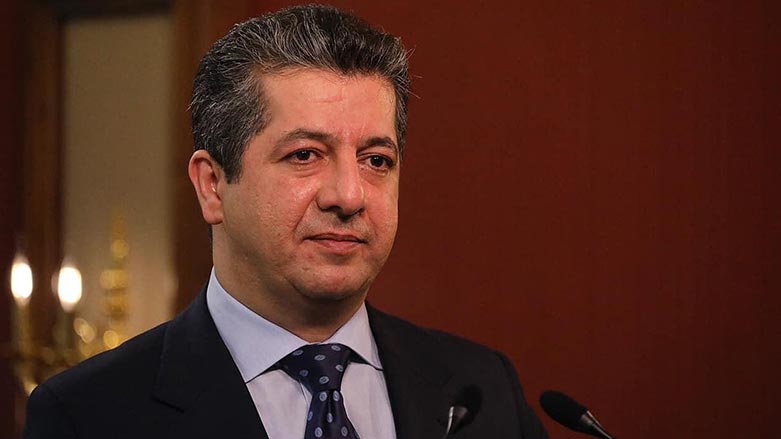Top Kurdistan Region official honors Kakai religious observance
“I hope this occasion will bring happiness and peace, and lead to greater coexistence among all the ethnic and religious constituents of Kurdistan.”

ERBIL (Kurdistan 24) – Kurdistan Region Prime Minister Masrour Barzani on Wednesday issued a congratulatory message to the Kakai community on the Qultas (The Three Nights Day) religious observance, during which the faithful spend three days fasting.
“On the occasion of Qultas, I extend my warmest congratulations to our Kakai brothers and sisters, and all Yarsanis in the Kurdistan Region and around the world,” the prime minister said in a statement. “I hope this occasion will bring happiness and peace, and lead to greater coexistence among all the ethnic and religious constituents of Kurdistan.”
“I pray all your fasting and prayers are accepted, and I hope you mark this occasion in joy.”
Kakais follow Yarsanism, a religion founded in the late 14th century in what is now western Iran and now live primarily in Iran, Iraq, and Turkey. Members residing in the Kurdistan Region and Iraq’s disputed territories are usually considered to be Kurdish in ethnicity.
Having suffered religious persecution from multiple directions, both historically and in recent decades, members of the community have often sought to avoid attention by keeping their practices relatively secret in an attempt to avoid bringing attention to themselves. Though exact statistics on them are scant, it is believed that at least 100,000 Kakais live in various parts of the country, mostly in the disputed territories.
They are among the many minorities in Iraq that have been systematically targeted by the Islamic State but without garnering the same level of news coverage and general awareness as with other more well-known groups. A significant number of Kakai families evacuated their villages in Kirkuk’s Daquq district following the militant group’s rise to prominence in 2014.
They eventually took up arms and, along with Kurdish Peshmerga forces, held a frontline against militants of the terrorist organization that continued to operate in surrounding areas, even as Baghdad retook the country piece by piece.
Editing by Khrush Najari